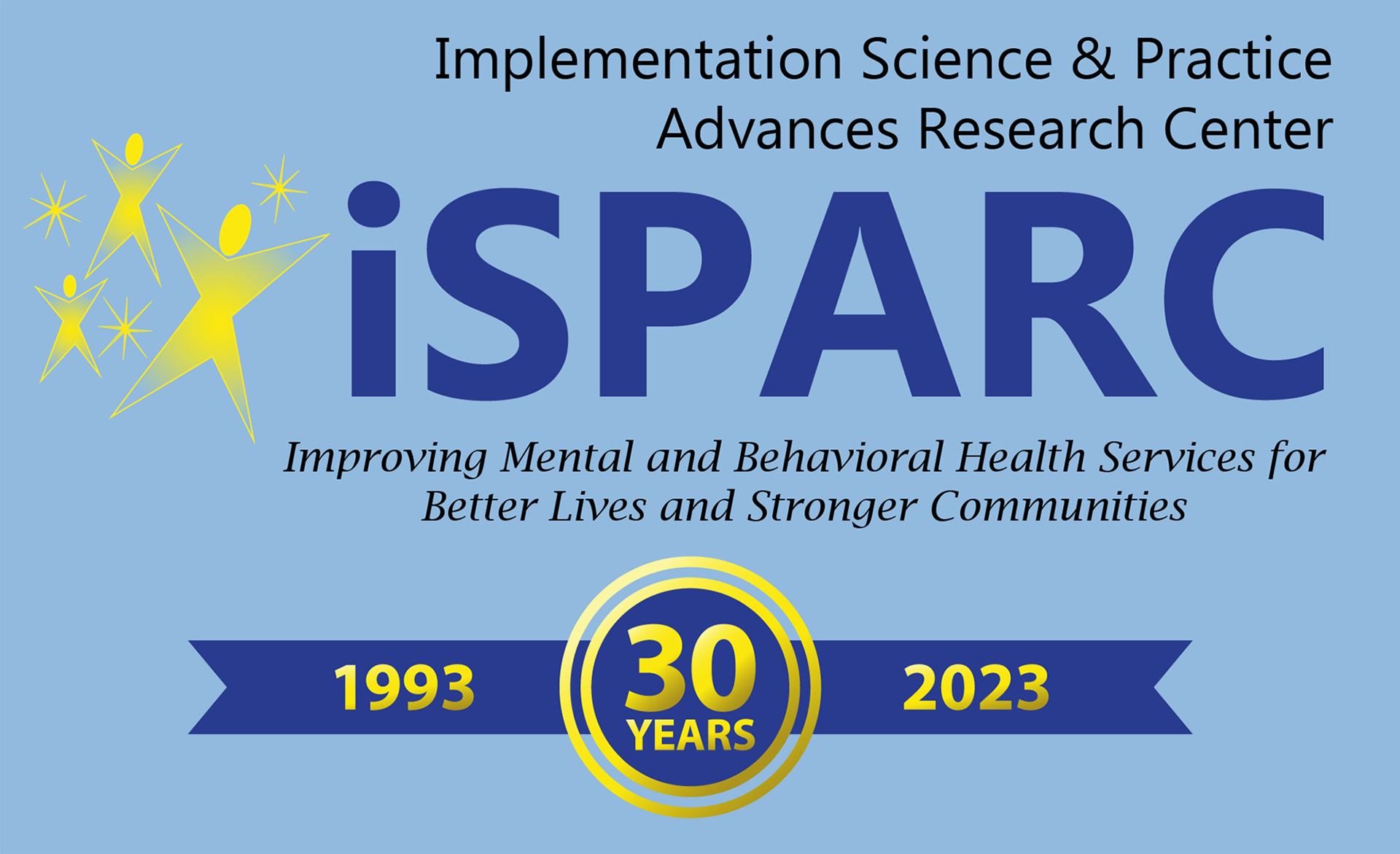Program for Clubhouse Research (PCR)
The Program for Clubhouse Research (PCR) is a collaborative initiative between the UMass Chan Medical School’s Implementation Science & Practice Advances Research Center (iSPARC) in the Department of Psychiatry and Behavioral Sciences and Clubhouse International. Established in 2000, its mission is to deepen the understanding and evidence base of the Clubhouse Model—a psychosocial rehabilitation approach that supports individuals living with mental illness through community participation, employment, opportunities for education, housing, social connections, and empowerment.
The Program for Clubhouse Research (PCR):
- Coordinates and conducts research aligned with Clubhouse values and philosophy.
- Maintains the Clubhouse Profile Questionnaire (CPQ), an annual global survey that gathers data from Clubhouses worldwide.
- Acts as a research hub, offering technical assistance, communication, resources, and support to Clubhouses, researchers, and stakeholders.
- Publishes findings in journals and/or national mental health reports to contribute to academic literature to demonstrate the Clubhouse Model’s effectiveness in improving employment outcomes, reducing hospitalizations, and enhancing quality of life.
Meet the Team:

Colleen McKay, MA, CAGS
Assistant Professor of Psychiatry
Major Accomplishments:
The PCR has made some impressive strides in advancing the evidence base for the Clubhouse Model, including:
- Establishing the Clubhouse Model as an evidence-based practice on SAMHSA’s National Registry in 2011—a major milestone for global recognition.
- Developing and implementing the Clubhouse Profile Questionnaire (CPQ), a global annual survey that collects data from all Clubhouses worldwide. This data has informed numerous publications and national mental health reports.
- Helping conduct and publish findings from first multi-site study of Brain Injury Clubhouses, demonstrating the model’s reach and tailoring it to new populations.
- Publishing a widely cited systematic review of the Clubhouse Model’s effectiveness in 2018 that has been accessed over 36,000 times and cited in top mental health journals.
- Contributed to a special issue of the Psychiatric Rehabilitation Journal in 2024, featuring nine global studies on Clubhouse outcomes such as employment, quality of life, and reduced hospitalizations.
Research:
- A Systematic Review of Evidence for the Clubhouse Model of Psychosocial Rehabilitation (Journal article)
- The Clubhouse Profile Questionnaire
- Evaluating Brain Injury Clubhouses and their Effects on Neurobehavioral Functioning and Participation
- Keeping Clubhouses Open: Toward a Roadmap for Sustainability (Journal article)
Featured Products:
- Clubhouse Research: New Results, Resources, and Literature, 2024
- The growth and diversity of the evidence base for the clubhouse model, APA 2024
- The Impact of the COVID-19 Pandemic on the Clubhouse Model, 2022
- Brain Injury Clubhouses, 2021
- A Systematic Review of Evidence for the Clubhouse Model of Psychosocial Rehabilitation, 2018
- Addressing Tobacco Use in Adult Mental Health Service Programs, 2011
- Evidence-Based Practices in Mental Health, 2007
- Research Findings from the Program for Clubhouse Research, 2005
For more literature on the Clubhouse Model, please visit: http://clubhouse-intl.org/resources/articles-library/
For more clubhouse research, please visit: http://clubhouse-intl.org/recent-research/
